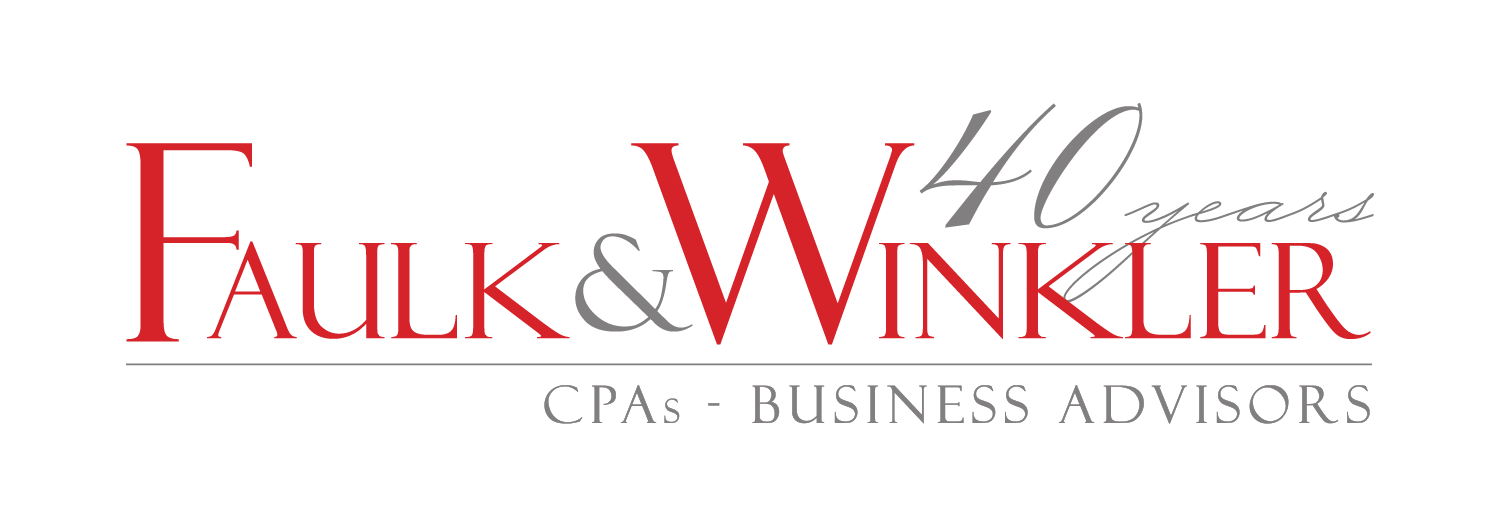IRS Announces Delay For Implementation Of $600 Reporting Threshold For Third-Party Payment Platforms’ Forms 1099-K
The Internal Revenue Service today announced a delay in reporting thresholds for third-party settlement organizations set to take effect for the upcoming tax filing season.
As a result of this delay, third-party settlement organizations will not be required to report tax year 2022 transactions on a Form 1099-K to the IRS or the payee for the lower, $600 threshold amount enacted as part of the American Rescue Plan of 2021.
As part of this, the IRS released guidance today outlining that calendar year 2022 will be a transition period for implementation of the lowered threshold reporting for third-party settlement organizations (TPSOs) including Venmo, PayPal and CashApp that would have generated Form 1099-Ks for taxpayers.
“The IRS and Treasury heard a number of concerns regarding the timeline of implementation of these changes under the American Rescue Plan,” said Acting IRS Commissioner Doug O’Donnell. “To help smooth the transition and ensure clarity for taxpayers, tax professionals and industry, the IRS will delay implementation of the 1099-K changes. The additional time will help reduce confusion during the upcoming 2023 tax filing season and provide more time for taxpayers to prepare and understand the new reporting requirements.”
The American Rescue Plan of 2021 changed the reporting threshold for TPSOs. The new threshold for business transactions is $600 per year; changed from the previous threshold of more than 200 transactions per year, exceeding an aggregate amount of $20,000. The law is not intended to track personal transactions such as sharing the cost of a car ride or meal, birthday or holiday gifts, or paying a family member or another for a household bill.
Under the law, beginning Jan. 1, 2023, a TPSO is required to report third-party network transactions paid in 2022 with any participating payee that exceed a minimum threshold of $600 in aggregate payments, regardless of the number of transactions. TPSOs report these transactions by providing individual payee’s an IRS Form 1099K, Payment Card and Third-Party Network Transactions.
The transition period delays the reporting of transactions in excess of $600 to transactions that occur after calendar year 2022. The transition period is intended to facilitate an orderly transition for TPSO tax compliance, as well as individual payee compliance with income tax reporting. A participating payee, in the case of a third-party network transaction, is any person who accepts payment from a third-party settlement organization for a business transaction.
The change under the law is hugely important because tax compliance is higher when amounts are subject to information reporting, like the Form 1099-K. However, the IRS noted it must be managed carefully to help ensure that 1099-Ks are only issued to taxpayers who should receive them. In addition, it’s important that taxpayers understand what to do as a result of this reporting, and tax preparers and software providers have the information they need to assist taxpayers.
Additional details on the delay will be available in the near future along with additional informatiom to help taxpayers and the industry. For taxpayers who may have already received a 1099-K as a result of the statutory changes, the IRS is working rapidly to provide instructions and clarity so that taxpayers understand what to do.
The IRS also noted that the existing 1099-K reporting threshold of $20,000 in payments from over 200 transactions will remain in effect.
